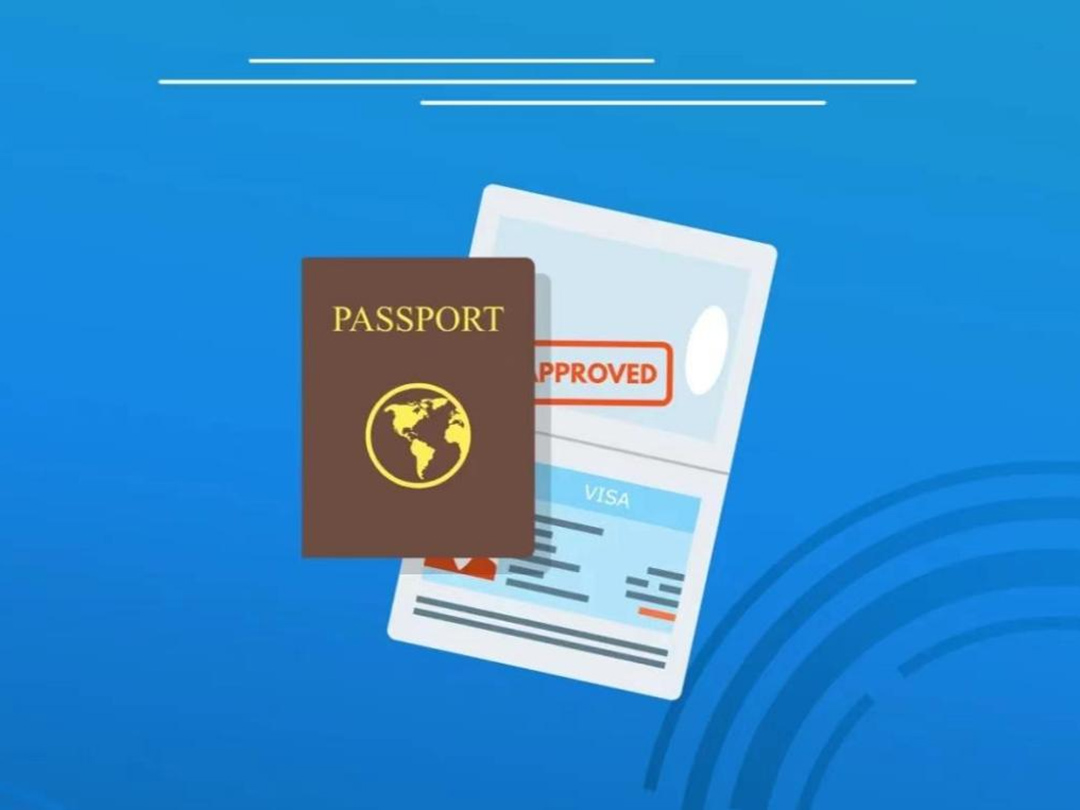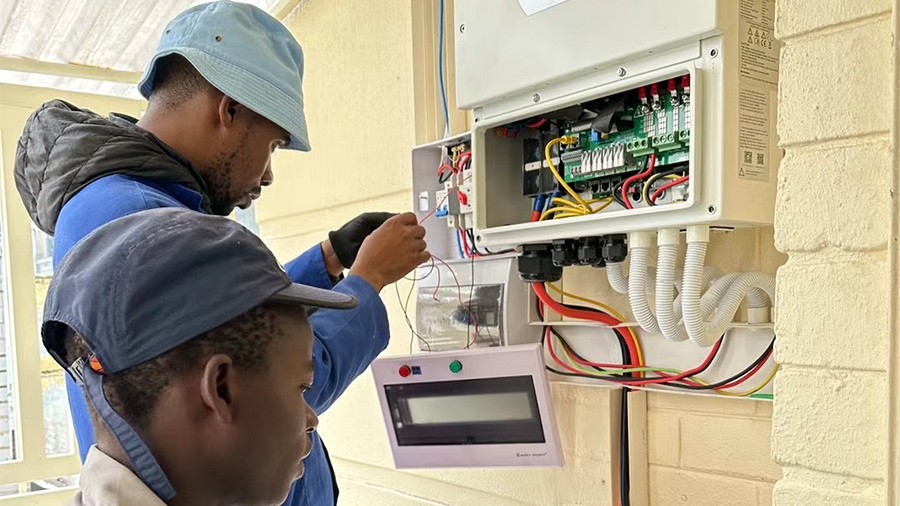Battery passport: Do batteries also need passports?
2024-09-18
In today's interconnected world, the concept of a passport has expanded beyond just being a travel document. With the increasing focus on sustainability and environmental responsibility, the idea of a "passport" for products has gained traction. This includes not only tracking the origin and journey of a product but also its environmental impact and end-of-life disposal. One such product that has come under scrutiny in recent years is the humble battery.

The Battery Passport is a flagship project of the Global Battery Alliance (GBA) that aims to build a digital twin for the physical battery, conveying information about all applicable sustainability and life cycle requirements. The ultimate goal of the Battery Passport is to provide users with quality assurance of the battery's sustainability performance. According to the EU "New Battery Law", from February 18, 2027, every LMT battery, every industrial battery with a capacity greater than 2 kWh, and every electric vehicle battery placed on the market or put into service shall have an electronic record ("Battery Passport"). The Battery Passport contains information related to the battery model and specific information of the individual battery, while the "Battery Passport" is a unique identifier that the economic operator who places the battery on the market should assign.
One of the primary reasons for advocating a battery passport system is to address the growing issue of battery waste. As the demand for batteries continues to rise, so does the volume of discarded batteries. Improper disposal of batteries can lead to environmental contamination and health hazards due to the release of toxic chemicals. By implementing a passport system, authorities can better regulate the disposal and recycling of batteries, ensuring that they are handled in an environmentally responsible manner.


Who does the European Battery Passport Regulation affect?
A Battery Passport is required for every industrial or electric vehicle (EV) battery with a capacity of more than 2 kWh placed on the EU market, regardless of where the battery is produced. The party placing the battery on the market is responsible for ensuring that all necessary data is entered into the digital record and that the information is correct and up-to-date. The Battery Passport requires information from the following parties:
o Cell manufacturer
o Module manufacturer
o Automotive OEM
o Battery service, refurbishment and recycling companies
EU Battery Passport and Sustainability Requirements Timeline
EU Battery Passport and Sustainability Requirements Timeline

What information does the EU battery passport need to include?
In terms of information disclosure, the "New Battery Law" introduces a "battery passport", which requires disclosure of information including: battery manufacturer, carbon footprint, supply chain due diligence, battery materials and ingredients, compliance certification, cycle performance, resource efficiency, durability, etc.
Battery manufacturer: Battery manufacturer information needs to be stored in the EU electronic exchange system and must include the name and address of the manufacturer or importer.
Carbon footprint: Battery producers are obliged to report the carbon footprint associated with the entire life cycle of a specific production batch of batteries (excluding the use phase).
Supply chain due diligence: 12 months after the implementation of the battery regulation update proposal, companies selling electric vehicles and industrial batteries on the EU market must conduct supply chain due diligence to reduce social and environmental risks. All information must be disclosed to the public, requesting authorities and downstream customers.
Battery materials and ingredients: Evidence must be provided that the battery is safe when working properly. At all stages of the battery life cycle, all batteries must not contain materials that are harmful to humans or the environment.
Compliance certification: Before the battery enters the EU market, it must be subject to a conformity assessment by a designated body.
Statistics on performance and durability: All parties who repair or reuse batteries must update technical information on the battery life cycle, including cycle performance, resource efficiency, durability, etc., and explain in detail how to obtain this data.
















